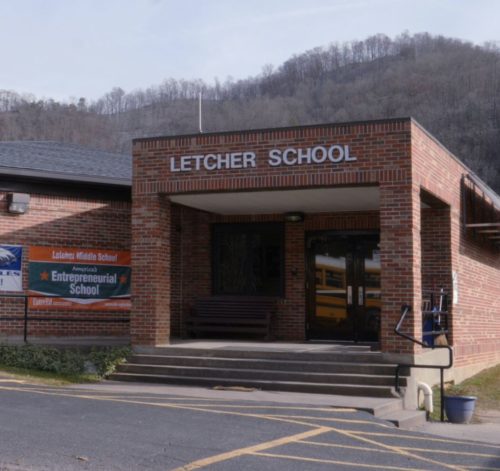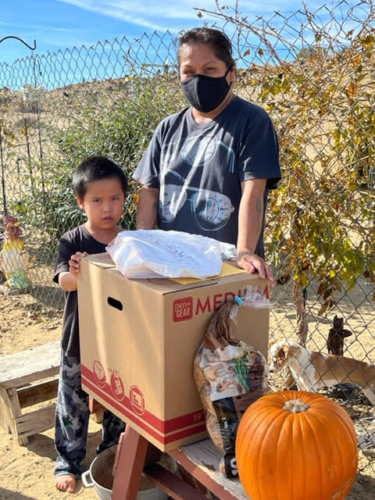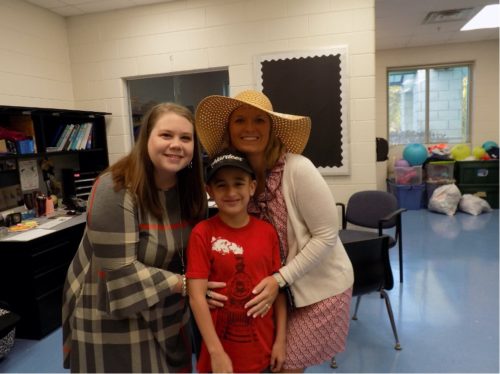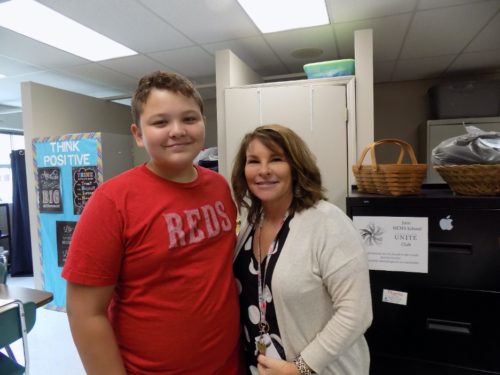Often called the Bluegrass County of the Mountains, Morgan County is situated amid Kentucky’s picturesque, mountainous Eastern Coal Fields region. The county itself was first settled by Scotch and Irish immigrants during the eighteenth century and derives its name from an homage to Revolutionary War hero General Daniel Morgan.
“The East Valley community is generally more in need than other communities in the area, as many families are struggling with generational poverty that they just can’t get out of.”
Despite its natural beauty and rich history, Morgan County suffers the socioeconomic issues associated with the widespread, debilitating poverty, illiteracy, and unemployment so tragically typical of Appalachia. There are few economic opportunities in the small rural town of Crockett today, where our affiliated project, East Valley Elementary School, is located. Thankfully, students and their parents can rely on the dedicated staff at the school that serves children in this area, offering them a safe environment and the chance to obtain a well-rounded education — which can provide them a path out of the poverty that their families have faced for decades.
A community in need
East Valley Elementary School educates around 144 children in grades Pre-K through 5th grade — many of whom come from impoverished households.
“The school is located in an older building but is very well maintained. The Family Resource Center Coordinator, Angela, who is also our volunteer coordinator, is very experienced at her job,” explains Children Incorporated’s Director of U.S. Programs, Renée Kube.
“On my last visit to the school, in late 2019, Angie told me that the East Valley community is generally more in need than other communities in the area, as many families are struggling with generational poverty that they just can’t get out of.”
An article published by the North Carolina Community Action Association defines generational poverty and describes it effects:
“Parents were poor, their kids are now poor, and their grandkids kids will grow up poor. Like genetics, families in this situation seem to pass down poverty from one generation to the next. These families tend to be stuck in the cycle of poverty which means they and their children will continue to live in poverty until an external influence can help them escape.
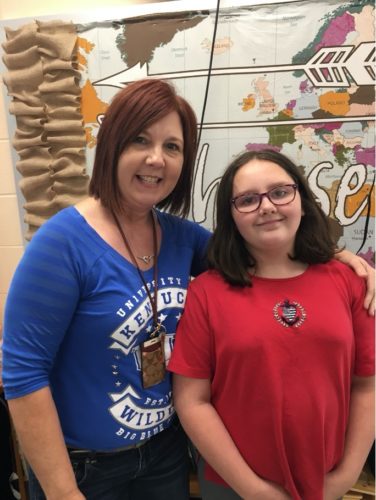
Thanks to Angie, children in our program received much-needed resources throughout the year.
Generational poverty only requires that a family lives in poverty for at least two generations. Generational poverty persists mostly because of internal psychological factors, although financial issues are the external force that create these psychological barriers. It’s a combination of hopelessness, scarcity mindset and toxic stress.
Almost all of the psychological issues with generational poverty are centered around finances. Many parents work multiple jobs just to make ends meet. This lack of a fundamental resource — money — creates a “scarcity mindset”. The people trapped in poverty struggle to think of the future because they are so focused on surviving for the next few days or weeks. In this mindset, neither adult nor child are thinking about college, careers or higher achievements. Even if they are, they often feel that these dreams are unattainable to them, and their lot in life is to just try to survive.
Living in constant worry about money can also cause toxic stress which can damage the learning, behavior and health of people living with it. For children, the effects span their lifespan.”
Keeping kids interested in learning
According to Angie, many parents of her students place a low value on education, because they are preoccupied with trying to survive day-to-day, and don’t often have time to consider much for the future — both because they never imagine one for themselves and because they can’t imagine offering a different future for their children.
Living in constant worry about money can also cause toxic stress which can damage the learning, behavior and health of people living with it. For children, the effects span their lifespan.”
“Angie is incredibly grateful for our sponsorship program because it gives her the chance to offer children food, clothing and school supplies which will hopefully keep students in school and interested in learning — and it gives her access to them so she can encourage them to stay in school and consider higher education,” said Renée.
“Fortunately for Angie, the loving teachers at East Valley Elementary School keep a close eye on the children and serve as Angie’s ‘eyes and ears.’ Some report the kids come to school on Monday mornings dirty and ravenously hungry — when she hears this, she makes sure to focus on those children who are really struggling so they know they cared for and that someone is looking out for them.”
***
How do I sponsor a child in Kentucky?
You can sponsor a child in Kentucky in one of three ways: call our office at 1-800-538-5381 and speak with one of our staff members; email us at sponsorship@children-inc.org; or go online to our sponsorship portal, create an account, and search for a child in Kentucky that is available for sponsorship.
SPONSOR A CHILD
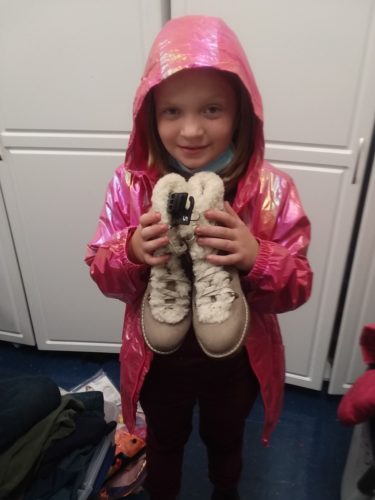 abroad.
abroad. 
